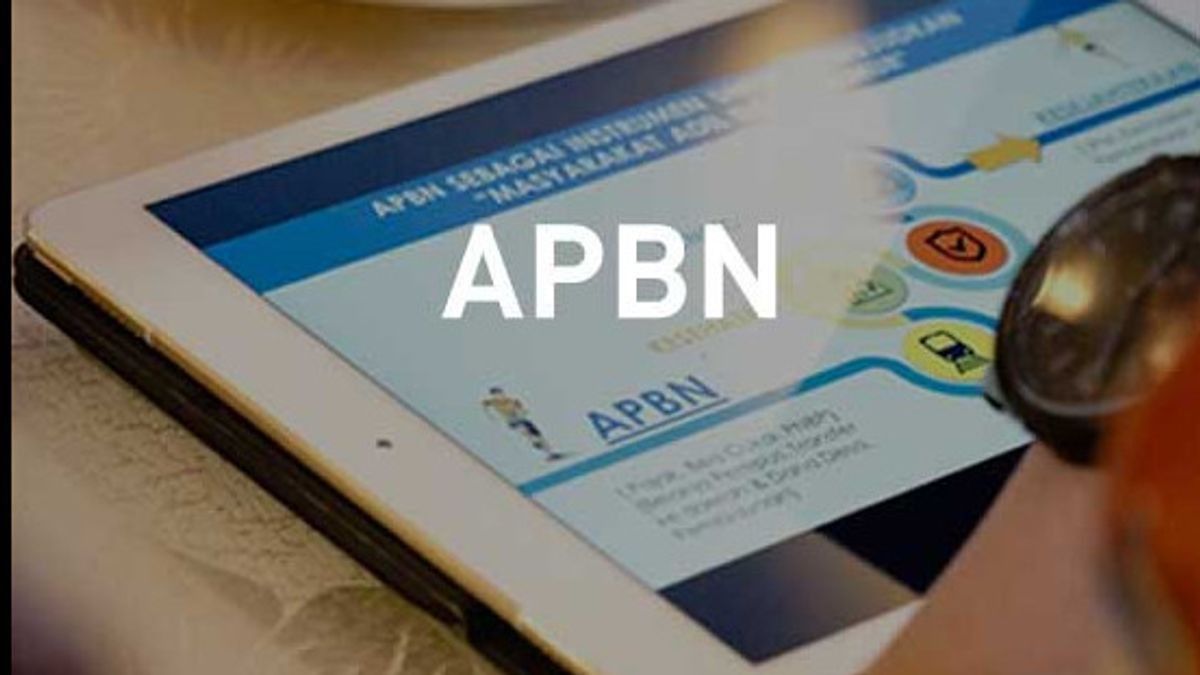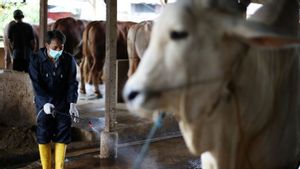YOGYAKARTA In preparing the State Revenue and Expenditure Budget (APBN) for the next year, the Government must do so according to existing mechanisms. Therefore it is important to know the mechanism for drafting the APBN according to the rules.
In the Basics of Budget Preparation Practices in Indonesia Edition II published by the Directorate of State Budget Preparation, Directorate General of Budget, the Ministry of Finance said that the State Budget is one of the government's instruments in regulating the national economy.
In its implementation, the APBN must be managed in an orderly and responsible manner according to the general rules of good governance implementation practices. In addition, the APBN must also be right on target and transparent.
In accordance with 26 laws no. 17 of 2003 concerning State Finance, after the APBN is stipulated by law, its implementation will be outlined through a Presidential Decree.
Understanding the state budget according to Law no. 17 of 2023 concerning State Finance Article 1 Paragraph 7, is the state government's annual financial plan approved by the House of Representatives (DPR).
In Article 23 paragraph (2) of the 1945 Constitution, it is stated that the State Budget Bill was proposed by the President so that it can be discussed with the DPR with the consideration of the DPD.
Reporting from the Basics of the Practice of Preparation of the State Budget in Indonesia Edition II, there are 5 main stages in one APBN cycle in Indonesia, namely as follows.
1. Planning and budgeting for the state budget
This stage is carried out in the year before the budget is realized. For example, to realize the 2024 APBN, planning and budgeting will be carried out in 2023.
2. Determination / Approval of the State Budget
This stage is usually carried out around October-November the previous year. The activities carried out at this stage are the discussion meeting of the State Budget Draft (RAPBN) and the State Budget Bill (RUU) as well as the DPR's determination activities.
After obtaining the DPR's approval, the APBN Bill was enacted into the APBN Law followed by the determination of the Presidential Decree regarding the details of the APBN.
3. Implementation of the State Budget
The implementation of the APBN will start from January 1 to December 31 in the year the APBN is intended. The implementation of the APBN itself is carried out by the Government through ministries/agencies (K/L). Later, K/L will propose the concept of the Budget Implementation List (DIPA) which is based on the Presidential Decree regarding the details of the APBN and convey it to the Ministry of Finance so that it can be ratified.
In the implementation of the APBN, the budget managers of K/L (budget users, Budget User Authority, and Assistant Budget Users) will base various kinds of activities based on DIPA which are used as an implementing tool for the state budget.
4. Reports and Recording of the State Budget
The stages of reporting and recording the State Budget will be held from January 1 to December 31 in conjunction with the implementation stage of the State Budget. The government's financial statements will be generated through an account process and then presented according to government financial accounting standards.
The standards consist of Budget Realization Reports (LRA), Balance, and Cash Flow Reports, as well as records of financial reports.
SEE ALSO:
5. Examination and accountability of the state budget
The final stage of the APBN cycle is the examination and accountability carried out by the Supreme Audit Agency (BPK). Accountability for the management and implementation of the overall APBN for 1 fiscal year. The President submitted the State Budget Implementation Accountability Bill to the DPR in the form of a report that had been examined by the BPK no later than six months after the budget year was over.
That is the mechanism for drafting the state budget. Visit VOI.ID to get other interesting information.
The English, Chinese, Japanese, Arabic, and French versions are automatically generated by the AI. So there may still be inaccuracies in translating, please always see Indonesian as our main language. (system supported by DigitalSiber.id)

















